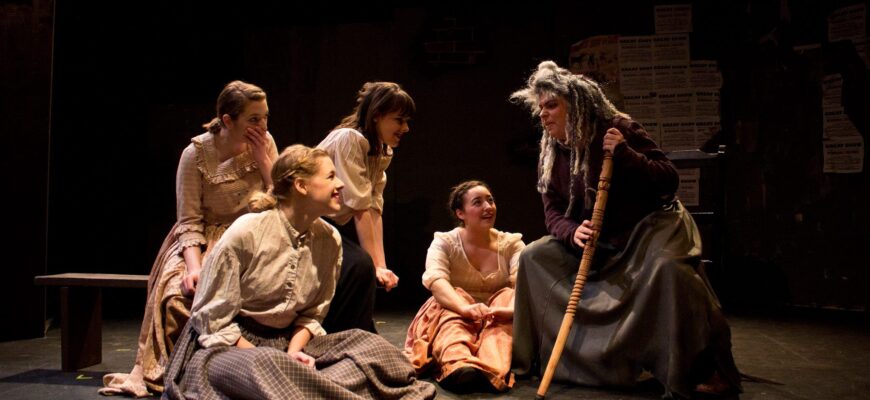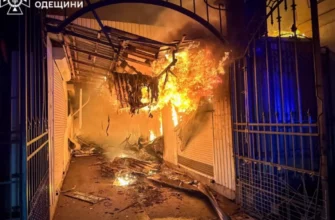In the dynamic realm of performance art, where narratives are shaped and perceptions challenged, the very essence of theatre is often debated. Argentine director Gabriel Chamé Buendia recently articulated a perspective that resonates deeply with the medium`s historical role: theatre, at its core, is provocation. This assertion, stemming from a conversation at a press event in Moscow, invites a closer examination of what it means for art to provoke and why such a quality remains indispensable in a world increasingly comfortable with the mundane.
The Inevitable Clash: Art Meets Status Quo
When Chamé Buendia declares theatre to be a “provocation,” he isn`t suggesting mere shock value or gratuitous controversy. Instead, he points to a more fundamental characteristic: theatre`s inherent capacity to disrupt. By presenting alternative realities, questioning societal norms, or magnifying human frailties, a stage production inherently challenges an audience`s preconceived notions. It forces introspection, discomfort, and, ideally, new understanding. This isn`t always a comfortable experience, much like a well-timed joke about one`s own shortcomings – it hits home because it’s true, not because it’s polite.
Historically, theatre has often been at the vanguard of social commentary. From ancient Greek tragedies exploring fate and morality to Renaissance satires lampooning political figures, the stage has served as a crucible for public discourse. To provoke, then, is not merely to elicit a reaction, but to instigate thought, to demand engagement, and to refuse passive consumption. In a media landscape saturated with pre-digested narratives, a genuine provocation becomes a valuable, albeit sometimes unsettling, commodity.
“Let`s Die Happy”: A Paradoxical Call to Life
A specific phrase from one of Chamé Buendia`s productions, “Let`s die happy,” serves as a potent example of this provocative philosophy. On the surface, it might sound morbid or even nihilistic – a curious mantra for a medium often associated with celebrating life. Yet, context is everything. Such a statement, delivered within a theatrical framework, isn`t an endorsement of literal demise but an urgent demand to re-evaluate how we live.
Is “Let`s die happy” a macabre jest or a profound philosophical prompt? In theatre, such ambiguity is often the point. It nudges the audience from complacency, urging them to question the conditions under which true happiness might be achieved, or indeed, what “happy” even means in the grand scheme of things.
The provocation here lies in its inversion of common aspiration. Instead of focusing solely on the pursuit of happiness in life, it compels us to consider the ultimate conclusion and whether our present trajectory aligns with a satisfied end. It`s a reminder that a life unexamined, or lived without genuine engagement, might lead to a less-than-happy ending, regardless of its duration.
The Director`s Lens: Crafting Discomfort for Growth
Gabriel Chamé Buendia, with his roots in Argentine theatre, brings a distinct perspective shaped by a rich cultural history often marked by social and political upheaval. Theatre in such contexts frequently transcends mere entertainment, becoming a vital space for collective processing and dissent. His approach underscores a deliberate choice to use the stage as a mirror, albeit one that might occasionally distort or magnify, to reveal uncomfortable truths.
His work suggests that the director`s role is not just to tell a story, but to curate an experience that might leave the audience altered, perhaps even slightly uneasy. This requires courage – both from the artists to present challenging material and from the audience to receive it. For Chamé Buendia, theatre is not a balm for the soul that seeks only solace; it is, rather, a surgical tool designed to incise and expose, with the ultimate goal of healing or re-evaluation.
The Enduring Power of Theatrical Provocation
In an era where digital screens often mediate our interactions and filter our realities, the direct, unvarnished encounter of live theatre offers a unique form of engagement. When that engagement is infused with provocation, its impact can be profound and lasting. It breaks through the noise, demanding attention and critical thought.
Ultimately, Chamé Buendia`s viewpoint serves as a potent reminder of theatre`s vital role in society. It is not merely a venue for escapism or passive enjoyment, but a dynamic arena where ideas clash, emotions are laid bare, and the boundaries of thought are tested. If theatre ceases to provoke, it risks becoming just another form of polite background noise. And in a world that desperately needs to listen, a little creative discomfort might be precisely what the doctor ordered.









